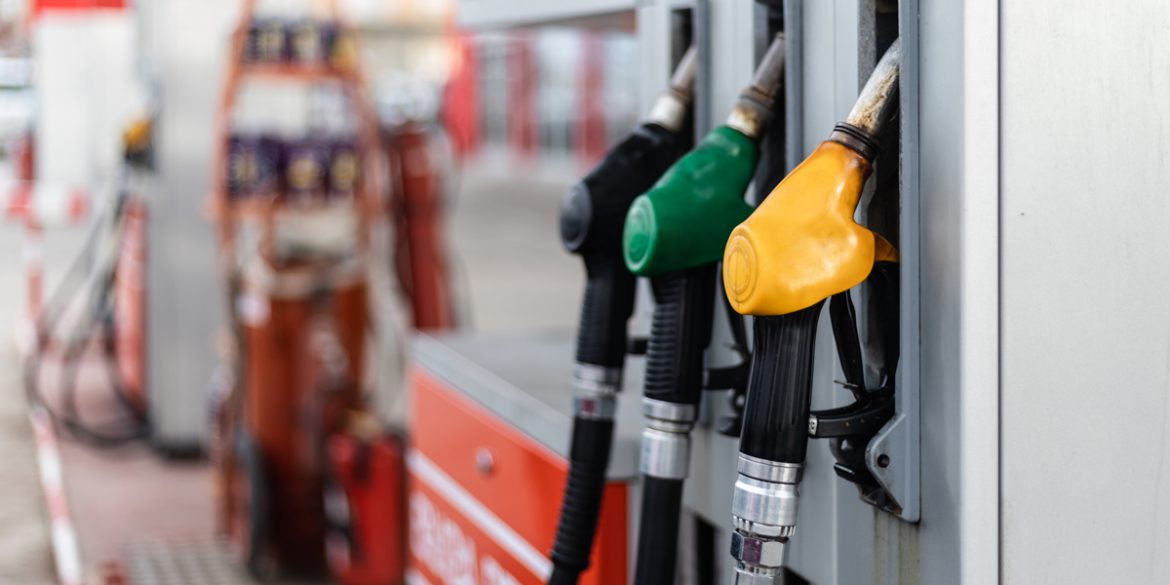The Petroleum Conundrum
The complex story behind pumped up gas prices
With headlines warning of rising prices at the pump after this recent dip, gas prices are understandably a hot button issue.
To add fuel to the fire, both sides of the political aisle wield higher gas prices to push their agenda. Specifically, they use it to call for a greater commitment to renewable energy sources or a greater commitment to domestic oil & gas production. The reality – as always – is a complicated one. There is more to the story of gas prices than politics and pain at the pump. Our petroleum usage is far more extensive than many people realize, and we can no sooner divest ourselves of petroleum than we could stop eating and drinking.
Petroleum is used in one form or another in an extraordinarily wide range of products, from clothes and shoes to electronics. Petroleum is used to make the heat-resistant plastics found in smartphones, computers, and TVs, and is found in pharmaceuticals, medical devices, and even beauty products like lipstick, makeup, hair dyes, lotions, and perfumes.
For that reason, higher petroleum prices have a far-reaching impact on the overall economy. It’s one of the drivers of inflation, not just because of increased production costs, but because of the impact on trucking, distribution, and other links in the supply chain. Moving products from the farm or dock to stores becomes much more expensive. And because petroleum is used in many fertilizers, a spike in price-per-barrel contributes to rising food costs.
If higher energy prices are fueling inflation, what is the downstream impact of those pressures? The higher costs are passed on to consumers, which reduces their budget for discretionary spending. Beyond that, a rising concern is stagflation, where rising inflation and slowing economic growth leads to a continuing recessionary cycle. With consumer sentiment at historic lows, it’s clear that optimism about the near-term financial future is in short supply.
From an investment perspective, take this opportunity to reexamine your financial discipline. You should focus on what you can control. Be proactive about buying low while others are selling low and focus on saving while others are spending uncontrollably. In other words, make your environment a product of you instead of becoming a product of your environment. Now is the time to continually improve and make sure you are as prepared as you can be no matter what the coming months bring.


